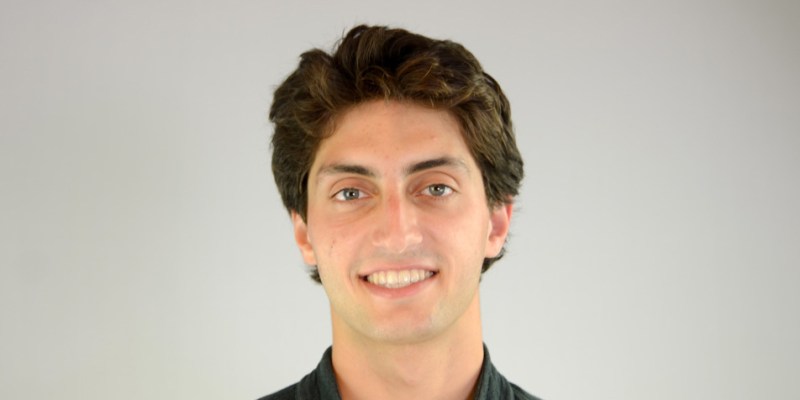I have more to say about Russell Westbrook. If you missed my column last week, do me a favor and check it out. Today, I want to talk about Russ’ far-reaching impact beyond his explosive on-court performances.
In the wake of West Virginia’s teacher strike, which concluded about a month and a half ago, protests for greater investment in education (in terms of funding for schools and teachers’ salaries) have spread rampantly among deeply conservative states. One such state is Oklahoma. Russ, as generous in his community as he is menacing on the court, is heavily involved in education. His organization, Russell’s Reading Rooms, promotes literacy and serves children from low-income neighborhoods by giving them access to books and a safe environment in which to read and discuss them with friends. He isn’t content to lay back with his non-political non-profit, though. About 10 days ago, Russ chimed in on the Oklahoma teacher’s strike with an explicit endorsement.
“Education is very, very important to me. The teachers are standing up for something that obviously they believe in — that’s helping the kids get a better education — obviously them getting paid more. More funding for the schools is very, very important. I’m definitely all in for that because I believe education is key for a lot of things going on in society.”
While he doesn’t get the same recognition as, say, LeBron on spotlighting social inequalities, Russ uses his platform for social good.
The reason I’m writing about Russ’ involvement is that his work is more than some community service from a good samaritan. The Thunder resides in one of the most conservative states in the country and has perhaps the most conservative owner, Clay Bennett, of the entire NBA. When Westbrook backs the public school teachers, he has no choice but to oppose the political stances of his fans and his “owner.” A while back, I wrote a column on the painful and oppressive power structure caused by white men owning teams comprised of black players. As we saw with Kaepernick and are seeing with his former teammate — and first joiner of the kneeling movement — Eric Reid, a political viewpoint that runs counter to those of owners is enough to prevent one from a job, no matter how talented the player is. Westbrook is risking his popularity and livelihood by taking a political stance.
His involvement in this specific issue, public school education, is telling. While public perception of NBA players’ backgrounds is flawed (for example, a player is more likely to make the NBA if they come from a wealthier background, a reality which runs counter to the “escape from the ghetto” narrative), many NBA players do come from low-income backgrounds and limited access to education. This lack of access to good education restricts the opportunities to advance socioeconomically without getting lucky with something like a career in entertainment (i.e. sports or music). Russ’ stance in favor of teachers is an alternate manifestation of the recurring players vs. owners dynamic. Except, in this instance, he doesn’t have anything to gain personally. All he can do is harm his image in the eyes of employers or fans. As I discussed in my previous column, Russ already receives more than his share of criticisms from the media. The last thing he needs is more baggage. Nevertheless, he takes the hard road to make a difference for others. That’s leadership. That’s what it means to be a true floor general.
Contact Jack Golub at golubj “at” stanford.edu
